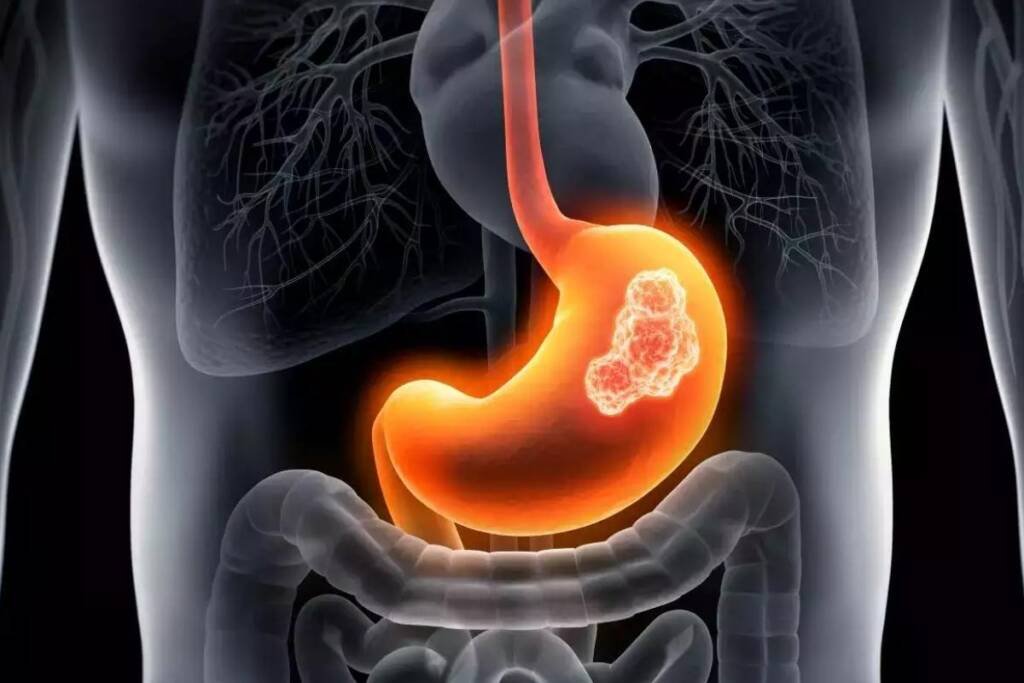Source – Merck
Inhibiting immune checkpoints hasn’t been very effective against stomach cancer. Merck has now added another failure to the mix.
On June 20, 2023, Merck said that Keytruda, a treatment for resectable stomach and gastroesophageal junction (GEJ) adenocarcinoma, did not make a significant difference in terms of preventing tumors from recurring after surgery.
EFS, one of the Phase III Keynote-585 trial’s two major objectives, was consequently not met. In the trial, Keytruda was examined in combination with chemotherapy in the neoadjuvant (before surgery) context, in the adjuvant (after surgery) environment for a brief time, and then for up to 11 cycles as Keytruda monotherapy. The Keytruda treatment group was not given any.
“While a statistically significant improvement in pathological complete response was observed in this study, we are disappointed that the KEYTRUDA regimen did not significantly improve event-free survival, a result that underscores the challenges in treating locally advanced resectable gastric cancer. Innovative research in earlier stages of cancer is critical to help patients achieve better outcomes, and our efforts continue in earnest. We are grateful to the patients and investigators for their participation in this study.”
– Dr. Scot Ebbinghaus, vice president, global clinical development, Merck Research Laboratories
Recently, Keytruda was beneficial in extending EFS in early-stage non-small cell lung cancer patients who had a similar perioperative regimen. In the Keynote-671 study, adding Keytruda reduced the risk of disease progression, recurrence, or mortality by 42% in patients with resectable stage II to IIIb NSCLC. Chemotherapy is not a part of that treatment plan’s adjuvant phase.
Related: Keytruda Triumphs: Promising Progression-Free Survival In Her2-Positive Gastric Cancer
In the current stomach cancer study, perioperative Keytruda demonstrated some improvements in EFS, but the magnitude did not meet statistical significance, according to Merck.
The other major goal of the trial on pathologic complete response was met since the PD-1 inhibitor did assist more patients in achieving no evidence of malignancy in resected tissue. However, pCR is a more recent effectiveness assessment. Regulators are unlikely to approve a permission for a pCR victory with a failure in the more developed EFS marker.
Prior to the early stomach cancer failure, Keytruda’s chemotherapy combination dramatically reduced the chance of mortality in patients with newly diagnosed advanced HER2-negative gastric or GEJ malignancies by 22% versus chemo alone.
Additionally, Keytruda has an FDA expedited approval for first-line HER2-positive gastric or GEJ adenocarcinoma when combined with Herceptin and chemotherapy. However, Merck is attempting to restrict that use after more recent tumor progression data revealed that Keytruda only provided benefits to a subset of patients with PD-L1-positive tumors.





























